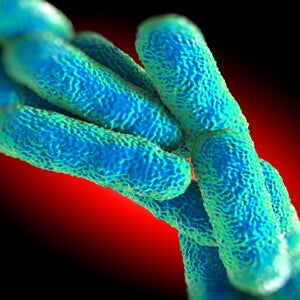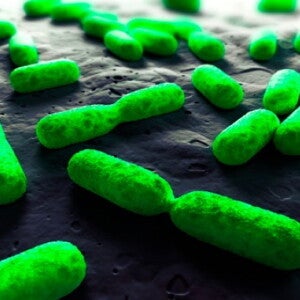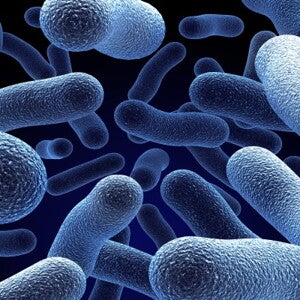News
Keep up with the latest nutrition news and more from the Nestlé Nutrition Institute and other organizations around the world.

Mother’s prenatal gut microbiota may predict child behavior: Study

A baby's gut microbiota may forecast future obesity

Bacteria do not colonize the gut before birth, says collaborative study

Microbiota-Directed Therapy May Aid Growth in Malnourished Kids

One in five UAE infants and toddlers at risk of becoming overweight, study finds

Poor iodine levels in women pose risks to fetal intellectual development in pregnancy

Children’s gut microbiota mature along similar trajectories, but at different speeds: Study

Nutritional supplementation in preconception and pregnancy linked to reduced risk of preterm birth

CHILD study highlights the role of infant gut microbiota and ethnicity in the development of food sensitisation

How babies born by caesarean-section could be treated with maternal fecal microbiota transplants

Lifestyle changes in pregnant women linked to epigenetic alterations in babies

New Lancet series shows mixed progress on maternal and child undernutrition in last decade

Is there an association between a pregnant mother's diet and her child's weight?

Johns Hopkins study shows mother's diet may boost immune systems of premature infants

Decrease in peanut allergy among infants after guideline changes

Researchers explore relationship between maternal microbiota and neonatal antibody response